Is your cat struggling with sneezing and watery eyes?
It's always hard to see our furry friends feeling unwell.
To provide your cat with quick relief, you should provide her with rest, warmth and plenty of fluids and treat the symptoms with gentle home remedies.
In this article, you will learn which symptoms indicate a cold, how you can help with tried and tested home remedies and when it is time to see a veterinarian.
Recognizing symptoms of a cat cold

If you suspect your cat has a cold, there are certain signs to look out for. Typical symptoms of a cat cold are similar to those in humans. Your cat may exhibit frequent sneezing and have a runny nose . Eye discharge , which may be watery or teary, is also a common sign. These symptoms may indicate that your cat's airways are irritated or inflamed.
In addition to the obvious signs, there are also more subtle clues that may indicate a cold. A cat with a cold will often show a loss of appetite and may be less active than usual. Difficulty swallowing may also occur, making eating uncomfortable for your cat. If you notice such changes, it is important to take the situation seriously and, if necessary, consult a veterinarian to rule out other serious illnesses.
Home Remedies for Relieving Cat Flu

If your cat is suffering from cat flu , you can help relieve the symptoms with some simple home remedies. One very effective remedy is to regularly clean your cat's nose and eyes with a damp cloth . This will help to gently remove crusted secretions and make breathing easier. Make sure to moisten the cloth with warm water and use it gently so as not to irritate the sensitive areas.
In addition to cleaning, you can try increasing the humidity in your home. This can moisten your cat's airways and make breathing easier. A simple way to do this is to use a humidifier or place damp cloths over the radiators. Inhaling steam, for example by placing a bowl of hot water, can also help open the nasal passages and relieve the runny nose.
Diet also plays an important role in recovery. If your cat has a reduced appetite, try warming their food slightly . The warmth will enhance the smell of the food, which is especially helpful if the cat has trouble smelling because of the cold. You may also want to consider pureeing the food if your cat has difficulty swallowing . This will make it easier for them to eat and gain strength while they fight the cold.
Treatment Methods for Colds in Cats
If your cat continues to show symptoms despite all home remedies, it may be time for a visit to the vet . The vet will be able to determine if it is a simple cold or a more serious bacterial infection . It is important that you do not delay, as some respiratory illnesses can quickly become more serious.
The treatment of a cat cold can vary depending on the cause. The veterinarian often prescribes:
- Antibiotics if there is a bacterial infection,
- Medicines to relieve symptoms such as cough or stuffy nose,
- Eye ointments if the eyes are affected. It is crucial to follow the veterinarian's instructions carefully and administer the medication as prescribed.
In some cases, the veterinarian may recommend additional tests such as blood tests or x-rays to determine the exact cause of the symptoms. These tests help to understand whether it is viruses, bacteria or other pathogens that are causing the disease. Early and accurate diagnosis is key to effective treatment and faster recovery for your cat.
Preventing Colds in Cats
To effectively prevent your cat from catching a cold, it is important to pay attention to a few basic things. Regular vaccinations are essential to protect your four-legged friend from the most common pathogens that cause cat flu. These vaccinations cannot always prevent infection, but they do help to minimize the outbreak of the disease. It is also advisable to avoid your cat's contact with other, possibly sick animals. Especially in the cold season, you should make sure to limit outdoor access in wet and cold weather.
In addition to preventive measures such as vaccinations and limited outdoor access, nutrition plays a key role in maintaining a strong immune system. High-quality cat food provides your cat with all the necessary nutrients and thus strengthens the immune system. Here are a few points you should consider:
- Choose food that is rich in proteins and vitamins.
- Avoid poor quality food that could weaken the immune system.
- Consider special food for allergy sufferers if your cat is sensitive.
A strong immune system is the best defense against colds and other illnesses, especially during the cold season.
Is a cat cold contagious?
If your cat has a cold, it is important to know whether this illness could be contagious to other pets or people. In general, cat flu is very contagious, especially from cat to cat . It is usually transmitted via droplet infection, i.e. through sneezing or direct contact with nasal secretions. This means that other cats in your household could be at risk of becoming infected as well.
However, the risk of infection for humans is very low. Although certain bacterial pathogens such as chlamydia or Bordetella bronchiseptica are theoretically transmissible to humans, such cases are extremely rare and mainly affect people with a weak immune system. To minimize the risk of infection, it is advisable to pay attention to good hygiene:
- Regular hand washing after contact with the sick cat
- Disinfection of surfaces on which the cat has lain
Prognosis and Duration of a Cat Cold
The duration of a cold in cats can vary greatly and depends on several factors. Typically, young and healthy cats make a full recovery within five to ten days . However, older cats or those with a weak immune system may take longer to recover. It is important to monitor the cat's condition closely during this time and to seek immediate veterinary attention if there is no improvement or if the condition worsens.
The prognosis for a cat cold is usually good as long as it is treated promptly and correctly. Most colds are harmless and will resolve with the right care and support. Here are some important points to keep in mind:
- Regular cleaning of nose and eyes
- Ensuring adequate fluid intake
- Providing a warm and quiet resting place
These measures will help your cat recover faster and prevent the condition from worsening.
Life expectancy with chronic cat flu
Chronic cat flu can affect a cat's life expectancy, but this is highly dependent on the quality of care and treatment it receives. If a cat is treated promptly and correctly, it can live a long and happy life despite chronic cat flu. It is important that the cat is examined regularly by a veterinarian and receives all recommended medication.
However, there are some factors that can affect life expectancy in cases of chronic cat flu:
- Recurrent infections : These can weaken the cat’s health in the long term.
- Severity of symptoms : Severe and persistent symptoms can affect the cat's quality of life.
- Access to quality veterinary care : Without appropriate medical attention, the health of a cat with chronic cat flu can deteriorate quickly, so ensuring good veterinary care is crucial.
How Flappie Can Keep Your Cat Healthy
Flappie has developed an innovative solution to prevent cats from bringing pathogens into the home. Flappie 's smart cat flap is equipped with an advanced camera and AI technology that detects if your cat is trying to come home with prey. If so, the flap will stay closed. This helps reduce the risk of your cat bringing home colds or other diseases that could be transmitted by these prey items.
The advantages of using the Flappie cat flap are many:
- Selective access control prevents cats from entering with prey.
- Prey detection through camera and AI technology.
- A remote control app that provides notifications, videos and statistics so you can always see what your cat is doing and be in control even when you're not home. This technology not only makes your home safer, but also more hygienic, contributing to your cat's overall health.
Frequently Asked Questions
What can you give cats when they have a cold?
If your cat is suffering from cat flu, you can help relieve the symptoms with some simple home remedies. Regularly cleaning your cat's nose and eyes with a damp cloth will help gently remove caked-on secretions and make breathing easier. Additionally, you can increase the humidity in your home to moisten the airways. If your cat has less appetite, try warming their food slightly to enhance the smell, which is especially helpful if the cat has trouble smelling well due to the flu.
How long does a cold last in a cat?
The length of time a cat has a cold can vary greatly and depends on a number of factors. Typically, young and healthy cats will fully recover within five to ten days. However, older cats or those with weak immune systems may take longer to recover.
Do cats recover on their own?
Cats can recover from a cold on their own, especially if they are young and healthy. However, it is important to monitor the cat's condition closely during this time and to seek immediate veterinary attention if there is no improvement or if the condition worsens. Regular cleaning of the nose and eyes, ensuring adequate hydration and providing a warm and quiet place to rest are supportive measures that can help.
What is antibacterial for cats?
The blog post mentions that the vet will often prescribe antibiotics when a bacterial infection is present. It is crucial to follow the vet's instructions carefully and administer the medications as prescribed. These medications have antibacterial properties and help treat bacterial infections in cats.
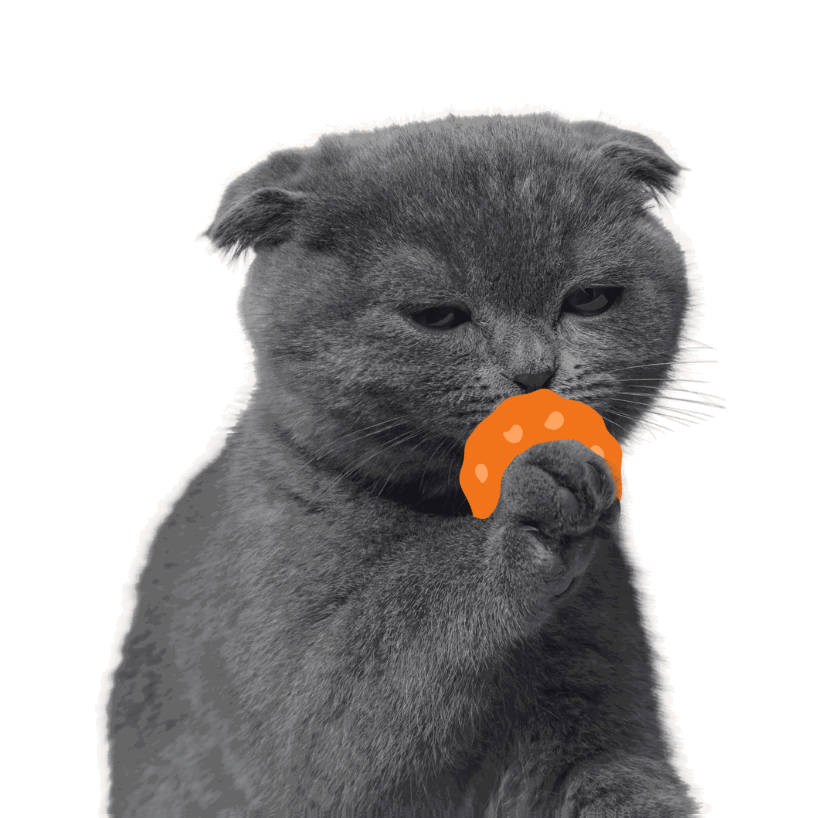
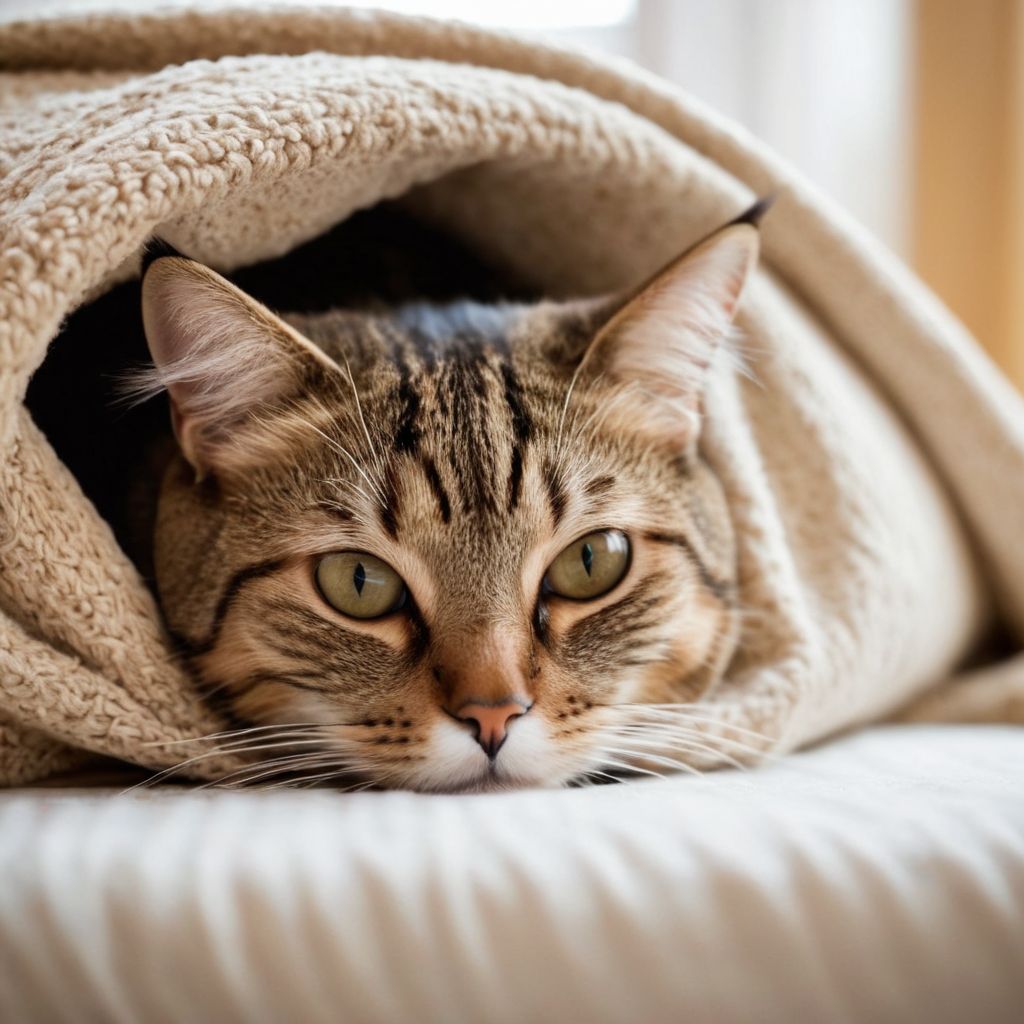
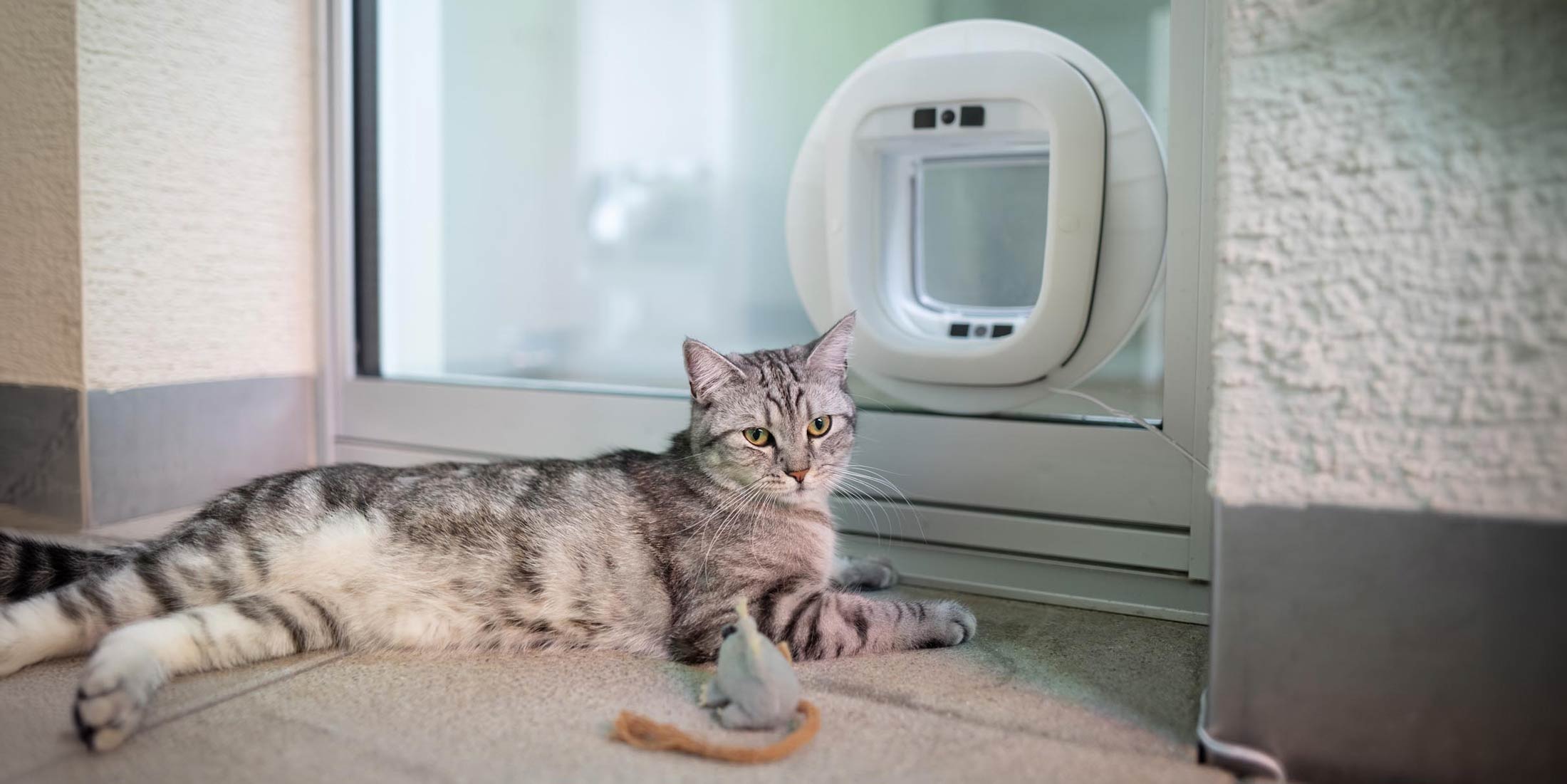
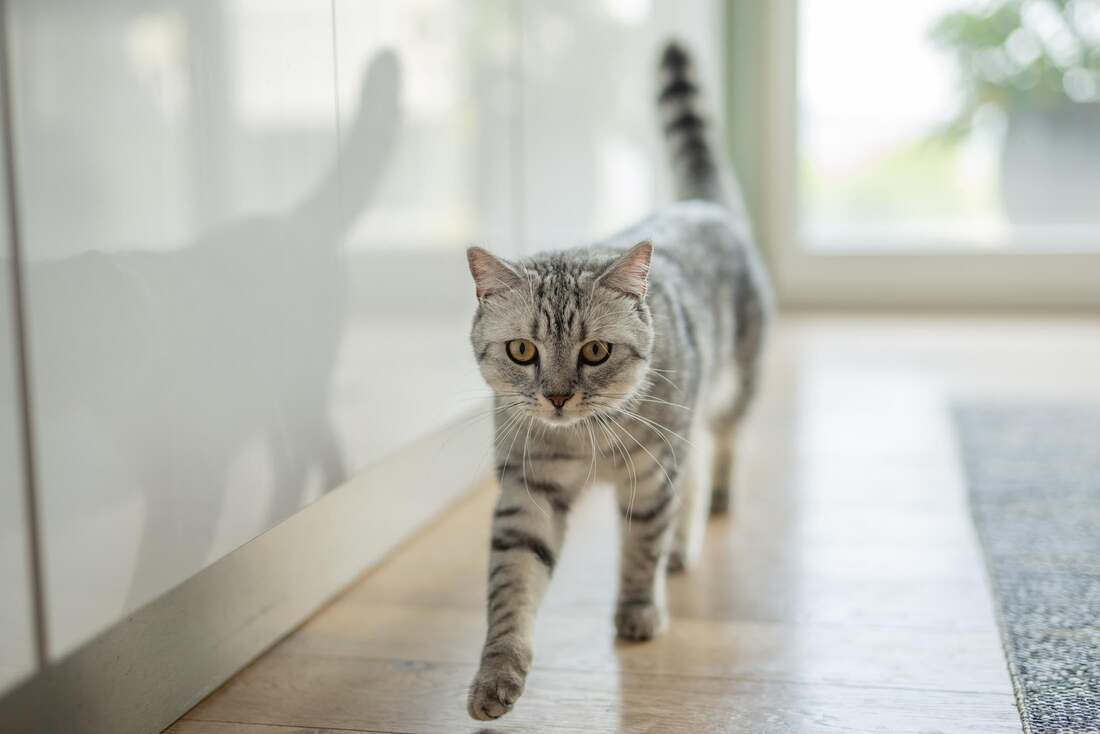
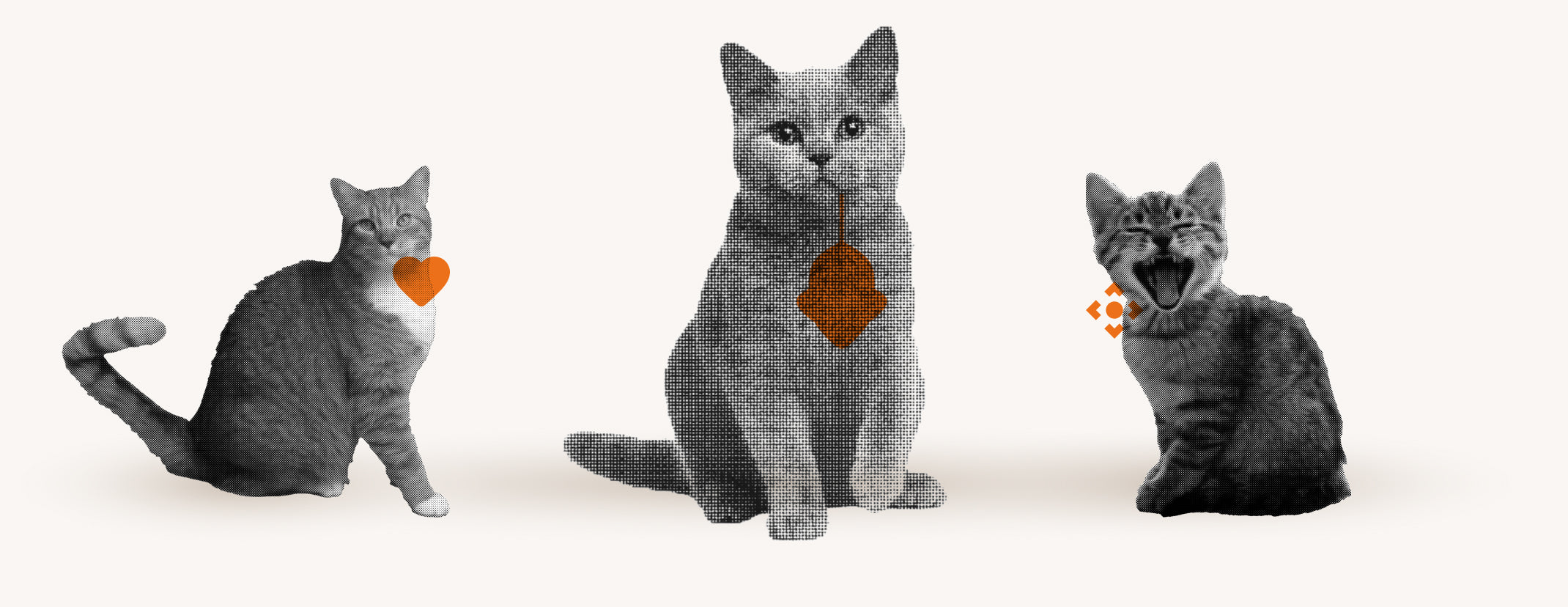
Share:
Cat Weight Gain Disease: Causes and Solutions
FIP Cat Life Expectancy: A Comprehensive Guide